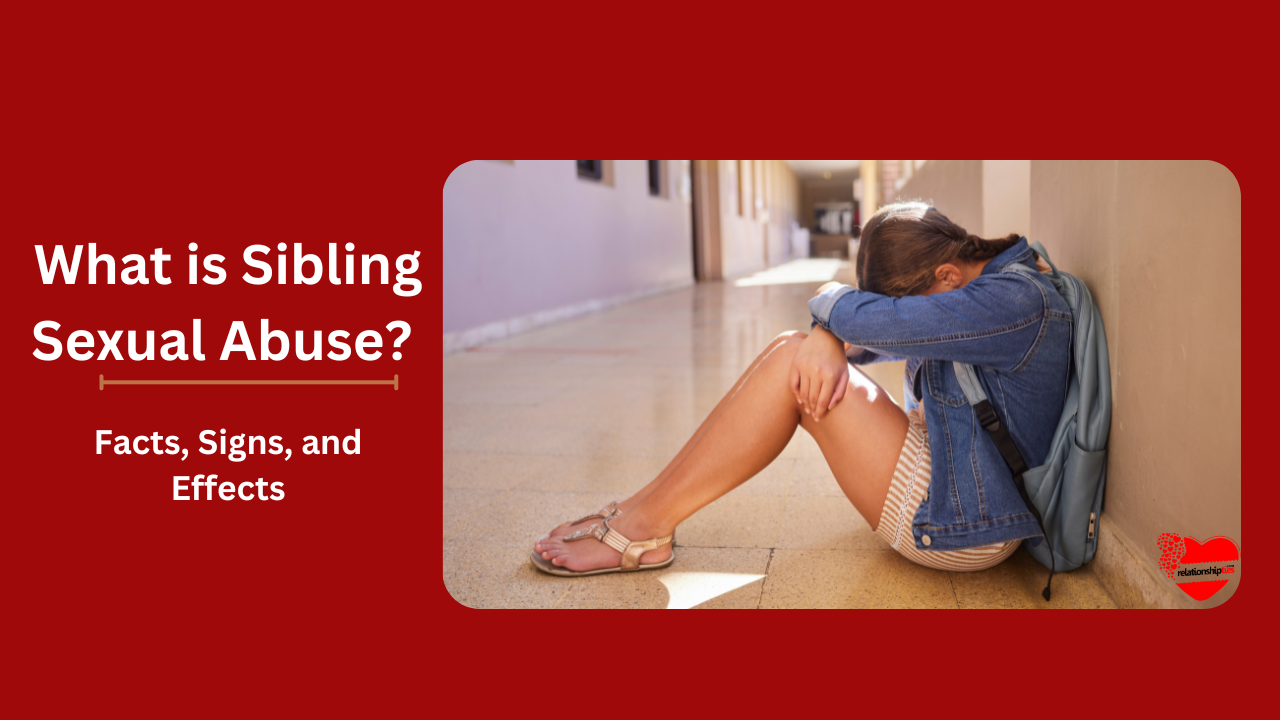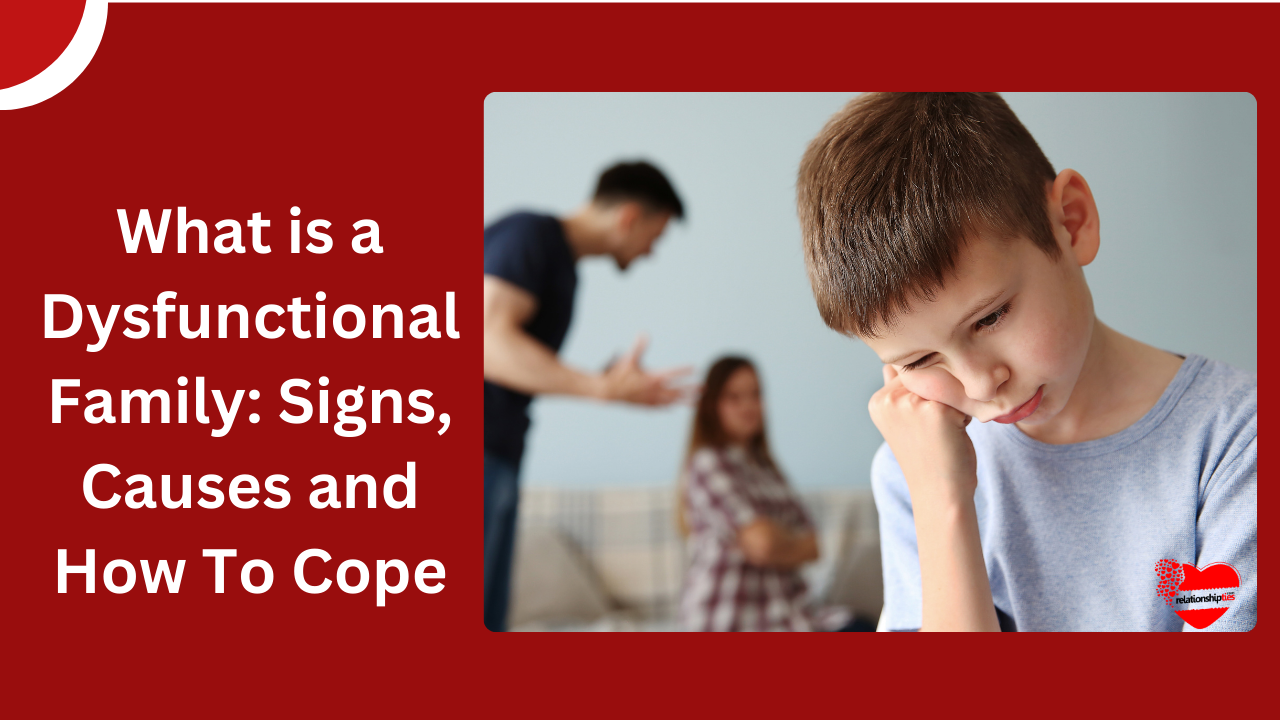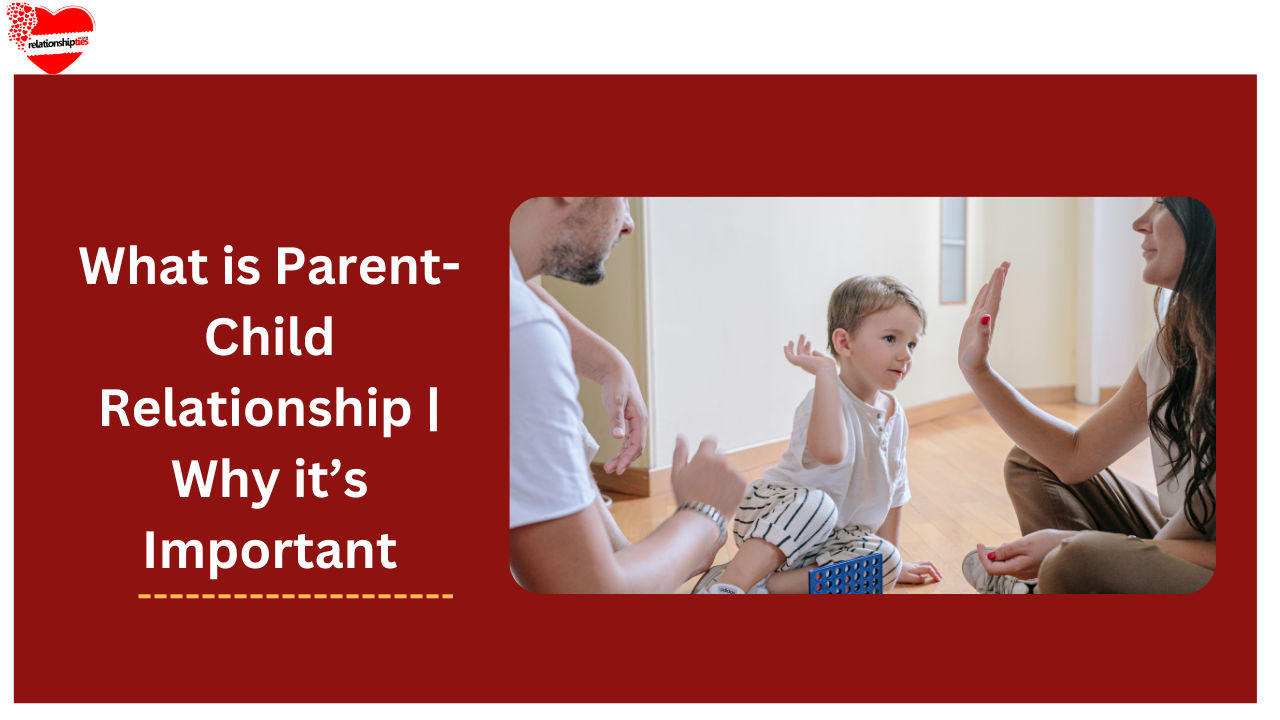Sibling sexual abuse whether a brother sexually abusing a sister or a sister molesting a brother is a distressing and underreported form of abuse that often remains hidden within families.
While it may be uncomfortable to discuss, understanding the facts, signs, and effects of this issue is crucial to protecting the well-being of children and preventing further harm.
Relationshipties team has made this article with the aim of shedding light on the nature of sibling sexual abuse, providing a professional perspective that addresses what it entails, how to recognize its presence, and the long-term impact it can have on survivors.
By delving into this complex topic with sensitivity and factual accuracy, we aim to raise awareness and ultimately contribute to creating safer environments for all children.
Table of contents
What is Sibling Sexual Abuse?
The terrible reality of sibling sexual abuse like brother sexually sister frequently remains unrecognized or untreated within households. It includes any type of sexual abuse or exploitation committed by one sibling against another.
Among the actions that fall under this sibling sexual category of abuse are voyeurism, fondling, oral sex, and even rape. It can be sexual brother and sister abuse.
While society frequently downplays the severity of sibling sexual abuse compared to abuse from adults or strangers, the effects can be just as devastating for the victims.
The long-term psychological repercussions endured by survivors of sibling sexual abuse are one angle worth considering.
Due to the nuanced nature of their relationship with their attacker, these people could suffer from emotions of guilt, shame, and self-blame.
Additionally, they frequently encounter resistance or doubt from relatives who find it impossible to believe such violence can occur between siblings.
It is critical to understand that the sexual abuse of siblings is part of a power dynamic deeply ingrained in the family system and is not an isolated incidence.
We may handle this problem more empathetically and create interventions to prevent recurrences if we acknowledge this fact and comprehend the intricacies inherent in familial connections.
Read Also: Low Libido to Vaginal Dryness: 10 Side Effects of Not Having Sex for a Long Time
Facts About Sibling Sexual Abuse
It is a common problem that frequently goes unreported and unobserved that sibling sexual abuse occurs. Research indicates that the most prevalent type of intra-familial child sexual abuse involves siblings.
It happens when one sibling acts in a sexually destructive way toward the other, frequently using various levels of coercion or manipulation.
Such abuse can significantly affect victims since it can have various emotional and psychological effects on them throughout their lives.
It could be sister molesting brother or a brother and sister doing homework porn.
It is crucial to understand that sibling sexual abuse can affect people of all ages and genders. Contrary to popular opinion, it’s not just older siblings who mistreat younger ones.
In reality, research reveals that incidents of younger siblings acting violently toward older siblings are shockingly common. This emphasizes the necessity for awareness and prevention campaigns aimed at every family member.
Due to underreporting and secrecy surrounding this type of abuse, it is challenging to estimate specific prevalence numbers, although studies indicate that it affects a sizable number of people globally.
Many survivors suffer in silence for fear of being exposed or facing punishment. To eliminate the stigma associated with sibling sexual abuse and to provide safe venues for survivors to come forward and get help, society as a whole must do this.
We can fight to avoid further victimization and support those harmed by this horrific type of intra-family violence by raising awareness of this issue through education and awareness campaigns.
What are the Signs of Sibling Sexual Abuse?
To address the situation quickly and protect the safety and well-being of all the children involved, it is imperative to be able to spot the warning indications of sibling sexual abuse.
It’s crucial to approach this subject delicately and cautiously, as some symptoms may be invisible or challenging to spot. Observe the probable warning indicators listed below:
A child’s behavior, mood, or personality abruptly changes, such as becoming withdrawn, worried, hostile, or melancholy.
Dread or Avoidance: A youngster may show dread or discomfort in the presence of a particular sibling or object to being left alone with them.
Age-Inappropriate Knowledge: Displaying sexually inappropriate knowledge or acting in ways beyond their maturity level. This may involve using clear language or deeds.
Regression: The return of behaviors typical of a previous developmental stage, such as excessive clinging, bedwetting, or thumb-sucking.
Sexual Knowledge or Language: Using language, concepts, or behaviors related to sexuality that are not age-appropriate.
Excessive Secrecy: Excessively keeping conversations with a sibling private or persistently avoiding bringing up their relationship.
Aggressive Behavior: Showing hatred or aggression against others, possibly as a coping mechanism for the trauma or uncertainty brought on by the abuse.
Changes in Sleep Patterns or Nightmares: These symptoms, which may be related to the traumatic events, include sleep difficulties, nightmares, or night sweats.
Remembering these symptoms could also be a sign of other problems is crucial. If your kids exhibit these symptoms, handling the matter delicately and sensitively is critical.
Consult with therapists, counselors, or psychologists focusing on child abuse and trauma if you suspect sibling sexual assault.
Read Also: 10 Effective Parenting Tips for Teenage Daughters
Risk Factors for Sibling Sexual Abuse
The following are risk factors for sibling sexual abuse:
Lack of Supervision: When parents need to provide more supervision, it is more likely that siblings will engage in inappropriate behavior without prompt correction.
Families in dysfunction may foster an environment where inappropriate behaviors are more likely due to unresolved disputes, poor communication, or inconsistent discipline.
History of Abuse: Children subjected to various types of abuse, whether in the home or elsewhere, are likelier to commit or be the victim of sibling sexual abuse.
Power imbalance: Abuse situations may be influenced by unequal power relations within the family, such as an older sibling controlling a younger sibling.
Early Sexual Content Exposure: Early sexual content exposure can skew a child’s perception of proper limits and conduct, whether through media or other channels.
Power Dynamics: Power imbalances within the family, where an older or more dominant sibling takes advantage of their position, might be linked to sibling sexual abuse.
Lack of Education: Families may unintentionally increase the likelihood of sibling sexual abuse if they fail to adequately educate their children about proper boundaries, consent, and healthy relationships.
Parental Denial: If parents downplay or ignore worrying behaviors, it could foster a climate where abuse continues unchecked.
Mental health problems: Children who experience unresolved emotional or psychological problems may misbehave, including abusing others.
Read Also: 10 Powerful Stuttering Tips for Parents
What Effects Does Sexual Abuse of Siblings have?
The effects of sibling sexual abuse can be severe and long-lasting on the victims. The severity of the abuse, how long it went on, and the person’s coping skills are just a few examples of the variables that can affect the outcomes. Here are a few possible effects:
Emotional and psychological damage caused by sibling sexual abuse can include emotions of guilt, shame, anxiety, despair, and post-traumatic stress disorder (PTSD).
Low Self-Esteem: Victims who struggle with self-worth and a lowered sense of their value may develop a negative self-image.
Trust Issues: Because they feel betrayed by someone they should have been able to trust, survivors of sibling sexual abuse may find it difficult to trust others, especially in intimate relationships.
Distorted Sexual Development: Sibling sexual abuse can confuse sexual identity, inappropriate sexual behavior, or trouble establishing long-term, mutually beneficial relationships.
Relationship Problems: Abuse can make it difficult to get along with family members, especially the violent sibling, and parents. Due to their worries and insecurities, survivors could also find it difficult to establish meaningful connections.
Guilt and Self-Blame: Victims frequently experience unwarranted guilt, believing they contributed to the abuse or supported it somehow.
Impact on Academics and Career: Abuse’s emotional toll can impact motivation, focus, and performance at work or in the classroom.
Consequences for Physical Health: The stress and trauma of abuse can cause physical symptoms like migraines, stomachaches, and restless nights.
Isolation and Withdrawal: Survivors may withdraw socially to avoid reminders or triggers of the abuse, which can leave them feeling lonely and alienated.
Re-Victimization: Without enough support and assistance, survivors may be more likely to experience abuse in different circumstances.
Unhealthy coping mechanisms: Some people may employ risky sexual practices, substance misuse, or self-harm as coping mechanisms.
What to Do If Older Sibling Touching Younger Sibling?
What to do if siblings are touching each other: Concerns regarding older siblings touching younger siblings can be deeply distressing and should never be overlooked.
It is essential for parents to address these issues with sensitivity and take appropriate actions to safeguard the well-being of all members of the family. Aside from the fact it is the right thing to do, it is also one of the ways of building Parent-Child Relationship.
Firstly, it is important to have an open and honest conversation with both the older and younger sibling separately, creating a safe space for them to express their feelings and concerns without judgment or blame.
Once the situation has been brought to light, seeking professional help from a trusted therapist or counselor can provide valuable guidance on how best to navigate through this difficult situation.
They can assist in identifying possible underlying causes or contributing factors that may be driving this behavior, such as unresolved trauma, emotional difficulties, or even exposure to inappropriate content outside the home.
Moreover, involving other trusted adults in the child’s life who are supportive and understanding will create a network of protection around them.
In addition, parents should set clear boundaries within the household to ensure both physical and emotional safety for all children involved. This could include:
- Establishing rules about personal space and appropriate touch.
- Encouraging open communication between siblings so they feel comfortable reporting any uncomfortable situations.
- Monitoring interactions between siblings while also respecting their privacy.
- Promoting healthy relationships by modeling respectful behavior towards one another.
Remember that each situation is unique, so it’s crucial not to jump to conclusions without gathering all relevant information first-hand.
Read ALSO: What is Parent-Child Relationship | Why it’s Important
FAQ’s
Is sibling sexual abuse common?
Can the age gap between siblings affect the likelihood of abuse?
How can I differentiate between normal sibling behavior and abuse?
What role does open communication play in preventing abuse?
Conclusion
Sibling sexual abuse is a distressing and complex issue that affects countless individuals and families. Understanding the facts, signs, and effects is essential to recognize and address this form of abuse.
By being aware of the warning signs and understanding the potential long-term effects on both the victim and the perpetrator, steps can be taken to prevent and intervene in cases of sibling sexual abuse.
Parents, caregivers, educators, and professionals must educate themselves about this issue and create safe environments where children feel comfortable disclosing abuse. Together, we must work towards preventing sibling sexual abuse and supporting those who have experienced it.






